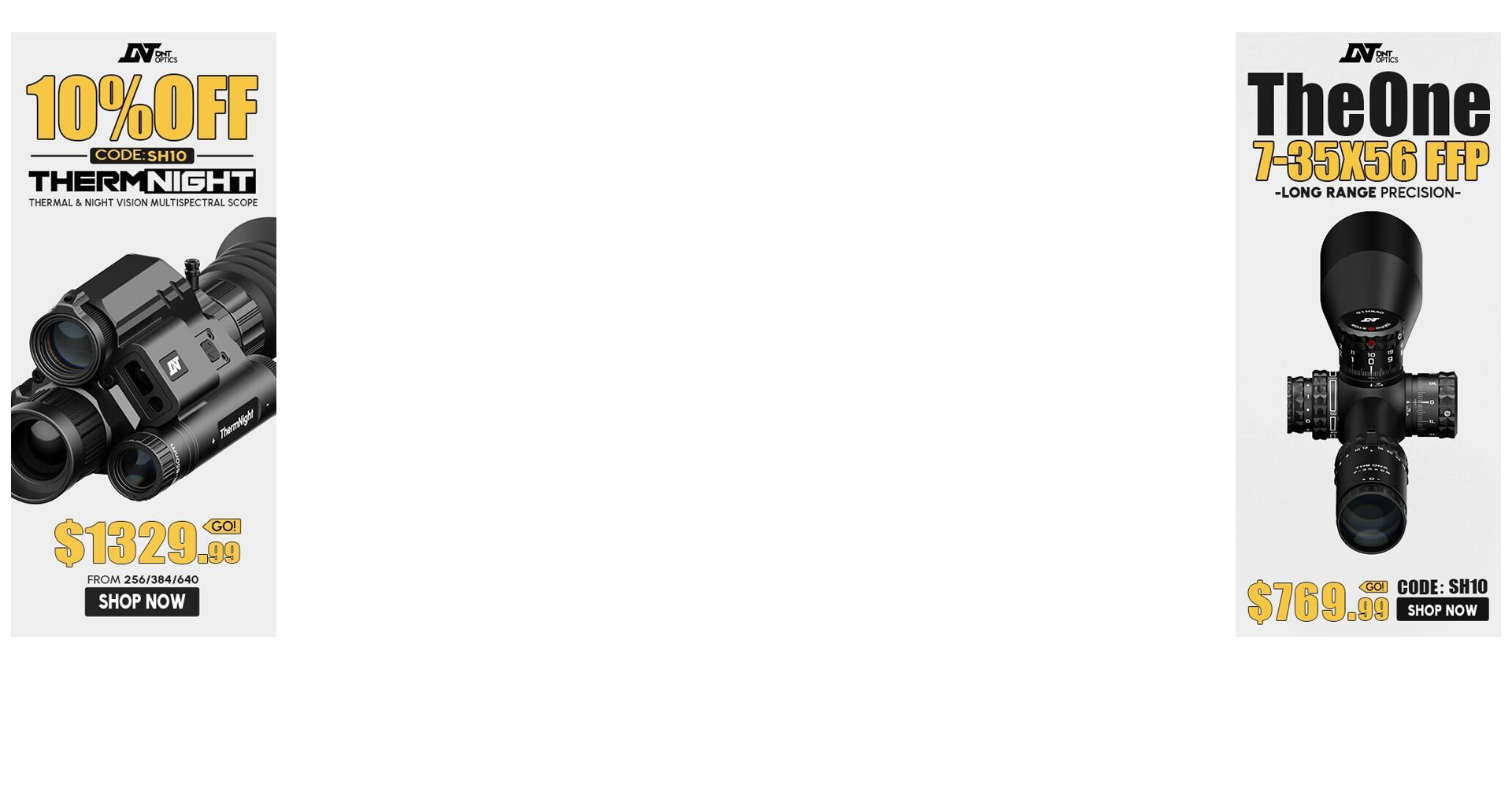I shoot a LR308 with 20" Krieger barrel that gives me fits with consistency. I can shoot bugholes one day and then scatter groups the next, and ambient temperature doesn't seem to be the cause. I've done all sorts of load development with many different types of powder, and even tried some factory ammo like 168 gr FGMM and crappy Remington Core-Lokt just to see if I was crazy. All the same. I've even completely disassembled the rifle and retightened everything with Locktite.
I've narrowed the problem down to what I think is chamber temp.
With a bolt gun I can eject a fired case right into my hand and hold it without issue. The case may be a little warm, but not hot. AR guns with DI operating systems basically torch the bolt, chamber, and case head with hot gasses, after which the ejected cases are scalding hot and the next cartridge is baking in the oven. I believe that this is what causes my shots to eventually string or open without apparent reason. Checking over old targets and reading my data book shows that my groups always open up the more I shoot, even after I allow the barrel to cool. Always.
Shooting really slow in a round robin fashion seems to negate this, but my problem is that I don't always want to wait five frickin' minutes between shots. I don't believe it to be barrel temperature as I've seen plenty of evidence here to suggest that it's not, but chamber temperature is different, and may explain things.
Does my reasoning sound right?
The solutions that come to mind are to either shoot slower, find a temperature insensitive powder, or go to a piston system (piston guys rejoice!). I don't want to shoot slower, and I don't know of any retro piston systems for 308, so that leaves me with powder selection. I've used RL15 and Varget a lot, and they don't seem to help. I've gotten velocity differences of about 90 fps from Varget that I can varify from my data book, and who knows what from RL15. I haven't checked yet.
I'm thinking of trying the IMR 8208, but doubt that it's going to make much of a difference after touching off ten rounds in two minutes; the chamber temperature is certainly above 200 degrees, although I've never checked. Anyone have any answers?
I've narrowed the problem down to what I think is chamber temp.
With a bolt gun I can eject a fired case right into my hand and hold it without issue. The case may be a little warm, but not hot. AR guns with DI operating systems basically torch the bolt, chamber, and case head with hot gasses, after which the ejected cases are scalding hot and the next cartridge is baking in the oven. I believe that this is what causes my shots to eventually string or open without apparent reason. Checking over old targets and reading my data book shows that my groups always open up the more I shoot, even after I allow the barrel to cool. Always.
Shooting really slow in a round robin fashion seems to negate this, but my problem is that I don't always want to wait five frickin' minutes between shots. I don't believe it to be barrel temperature as I've seen plenty of evidence here to suggest that it's not, but chamber temperature is different, and may explain things.
Does my reasoning sound right?
The solutions that come to mind are to either shoot slower, find a temperature insensitive powder, or go to a piston system (piston guys rejoice!). I don't want to shoot slower, and I don't know of any retro piston systems for 308, so that leaves me with powder selection. I've used RL15 and Varget a lot, and they don't seem to help. I've gotten velocity differences of about 90 fps from Varget that I can varify from my data book, and who knows what from RL15. I haven't checked yet.
I'm thinking of trying the IMR 8208, but doubt that it's going to make much of a difference after touching off ten rounds in two minutes; the chamber temperature is certainly above 200 degrees, although I've never checked. Anyone have any answers?

